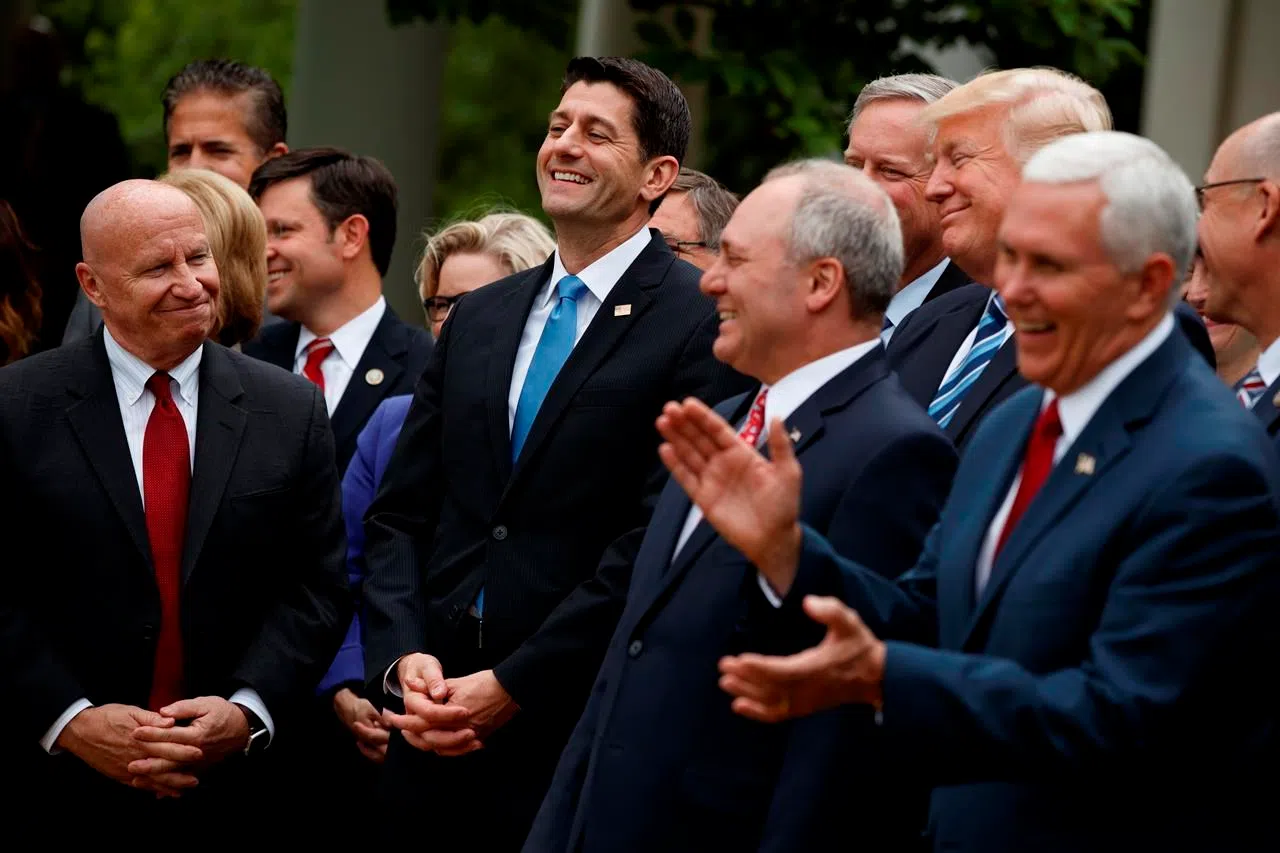
AP Explains: How lawmakers get their health care
WASHINGTON — Republican Sen. John McCain, a former Navy pilot who at 80 has had several health setbacks, gets his coverage from the Department of Veterans Affairs.
House leaders, like Speaker Paul Ryan, get their coverage through the Affordable Care Act, as do many members of Congress.
Congress voted to include itself in the law when it passed in 2010, and a bill passed by the House last week would continue that requirement in the new version.
So how is it working for them? Depends on who you ask.



